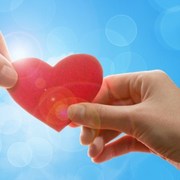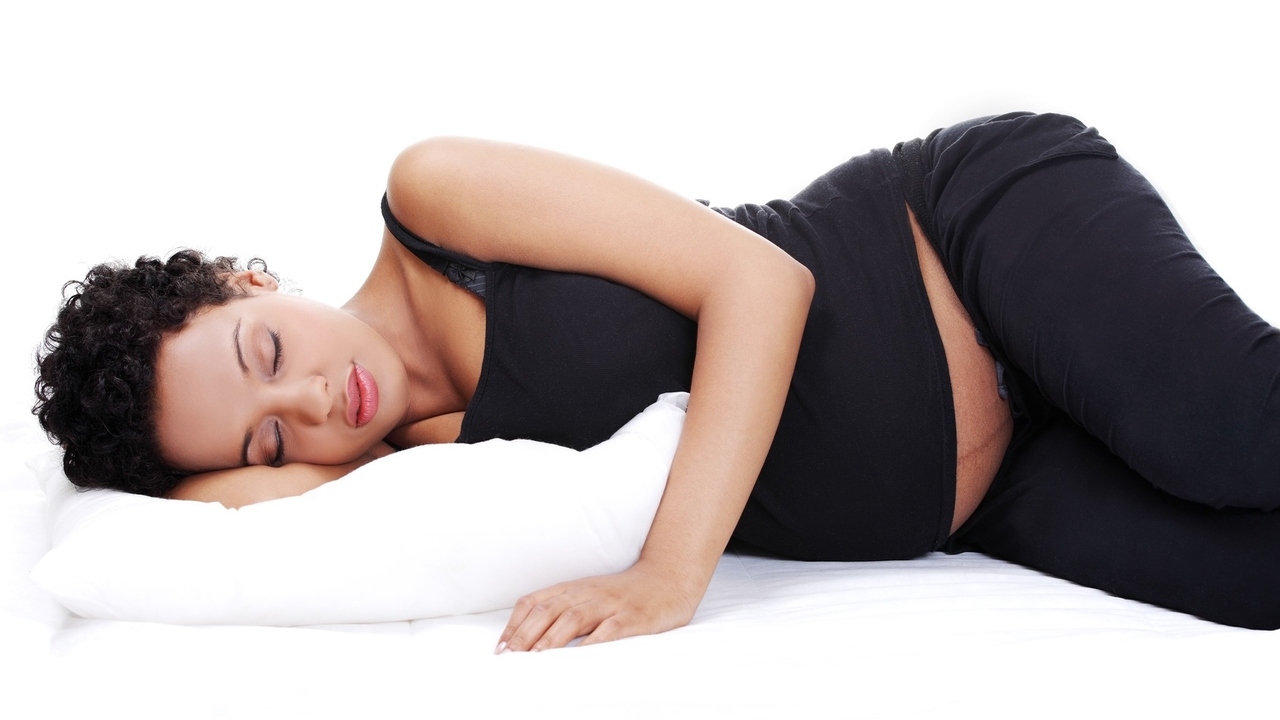 Hemera/Thinkstock
Hemera/Thinkstock
While the summer of 2012 may not quite break the record heat waves set in 2011, it still promises to be a H-O-T summer with much of the United States currently experiencing extreme heat.
Not only does the heat make you physically uncomfortable, it can be harmful to your health.
According to the Centers for Disease Control and Prevention, more people died in the United States from heat exposure between 1979-2003 than from natural disasters such as earthquakes, tornadoes, hurricanes, floods, or lightening. (CDC 1)
Many people succumb each year to heat-related illness such as heat exhaustion or heat stroke.
Those with heart conditions must take extra care since extreme heat places excess stress on the heart and may leave those with heart conditions more susceptible to heat-related illnesses.
Staying heart healthy in extreme heat doesn’t have to be problematic if you just follow a few simple tips.
Know your medications.
Some medications may cause you to be hypersensitive to heat.
Heart medications in particular, such as ace inhibitors, channel blockers, or beta blockers, are known to increase your susceptibility to heat illness.
If you don’t know how your medications interact with heat, check with your pharmacist or physician.
Stay hydrated.
When engaging in outdoor activities in extreme heat, make certain you stay well hydrated and drink plenty of water.
Sometimes persons over the age of 50 may not realize that they’re thirsty, so keep your fluid intake high even if you don’t feel thirsty.
Alcohol should be avoided in extreme heat.
Avoid the hottest part of the day.
It goes without saying that the effects of the heat will be much worse during the hottest part of the day. Avoid outdoor activities from noon until 3 p.m. to minimize the possibility of heat-related illnesses.
Dress for success!
Yes, even in the heat you need to dress for success. Do wear light-weight clothing in fabrics which are designed to breathe in the summer heat.
Shoes should be well-ventilated and don’t forget sunscreen and your hat!
Age-related risk.
Certain demographics are at greater risk for heat-related illnesses. Extra precautions should be taken to protect young children, those with chronic health conditions, as well as the elderly in extreme heat conditions.
Even with precautions, heat-related illnesses can and do happen.
If you experience any of the following symptoms, take actions to cool down. In the case of heat stroke, seek medical attention immediately.
Symptoms of heat exhaustion: headache, fainting, dizziness, paleness, muscle cramps, vomiting, tiredness, excessive sweating or weakness. (CDC 2)
Symptoms of heat stroke: rapid pulse, headaches, confusion, loss of consciousness, rapid pulse, high fever, and skin which is warm/dry to touch with no sweating.
SOURCES:
Extreme Heat: A Prevention Guide to Promote Your Personal Health and Safety. Centers for Disease Control and Prevention. 31 May 2012.
http://www.bt.cdc.gov/disasters/extremeheat/heat_guide.asp
Protect Your Heart in the Heat. American Heart Association. 21 Dec 2011.
http://www.heart.org/HEARTORG/Conditions/More/MyHeartandStrokeNews/Protect-Your-Heart-in-the-Heat_UCM_423817_Article.jsp
Richard N. Fogoros, M.D. Heart Waves and Heart Disease. About.com: Heart Health Center. 29 June 2012.
http://heartdisease.about.com/b/2012/06/29/heat-waves-and-heart-disease.htm
Reviewed July 9, 2012
by Michele Blacksberg RN
Edited by Jody Smith





Add a CommentComments
There are no comments yet. Be the first one and get the conversation started!